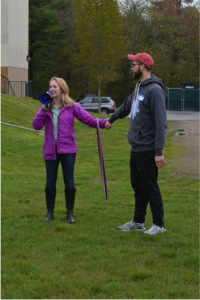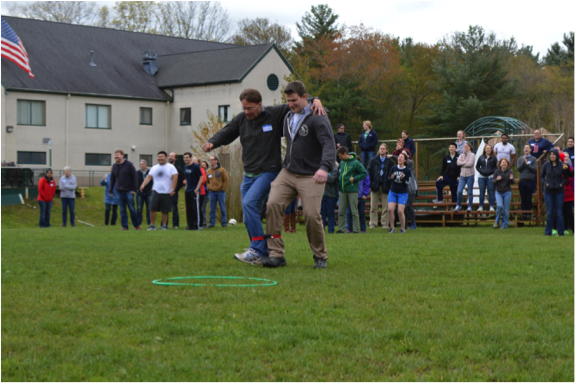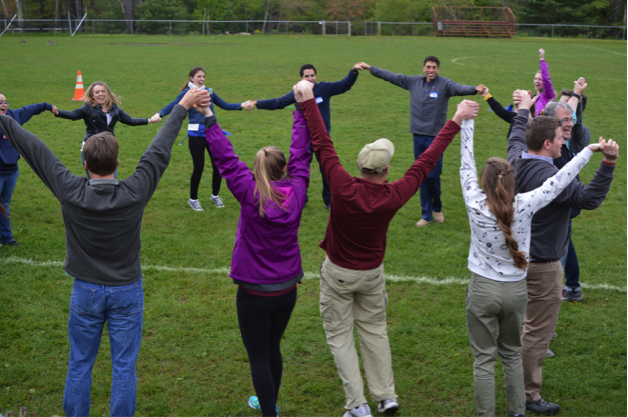Written by Gina Mantica, Biology Ph.D. Candidate
Ever since the age of 5, I’ve been a dancer. I used to dance around my living room to Disney music, until my parents decided I needed some sort of outlet for my dancing habit. My parents signed me up for ballet classes shortly thereafter, and I’ve been taking dance classes and performing on stage ever since.
I was in my second year of undergrad when I was invited to perform in my first professional gig. I remember the moment vividly: I was at a retreat when my long-time mentor (and now, friend) left me a voicemail. I remember the feeling of butterflies in my stomach as I listened to my mentor say she had an opportunity for me to perform and get paid for my dancing. To this day, the voicemail is saved to my cell phone. That voicemail not only changed the trajectory of my dance career, but also altered how I now see myself “fitting into” academia.
Five-and-a-half years have passed since I performed in my first paid dance gig. Since then, I’ve danced in more professional productions than I can recall, ranging from a full-length production with Jazz Inc. Dance to a short-lived HGTV show “Spontaneous Construction”.
Also since then, I’ve grown a fondness for academia. I love learning and being able to research questions I am curious about. My time as a Ph.D. student here at Tufts is nothing short of a dream. However, academia is not always fond of me.
Since entering grad school, I have not stopped pursuing my passion for dance. Dance provides me with much more than just exercise; through dance, I find joy and a sense of comfort that I cannot get anywhere else. My refusal to give up something that I consider to be both a means of self-care and a crucial part of my identity rubs some academics, who, themselves, have lost sight of what a work-life balance should look like, the wrong way.
The pressures to conform to some academic ideal of a work-life balance (which, in reality, is not balanced at all) are not missing at Tufts. However, Tufts is such an incredibly diverse community and it is possible to find mentors and colleagues to surround yourself with that share your own opinion of what a work-life balance should look like. At Tufts, I have found friends in my department who will go take dance classes with me, or who will take a day off from work to go to the beach. I have found mentors who support my love of writing and outreach and who will provide me with opportunities to pursue my interests outside of the lab.
Most importantly, however, I have grown to realize that I don’t need to conform to some ideal of what an academic should look like; at Tufts, I am able to relieve myself of the pressures of “fitting into” academia and just be myself.





